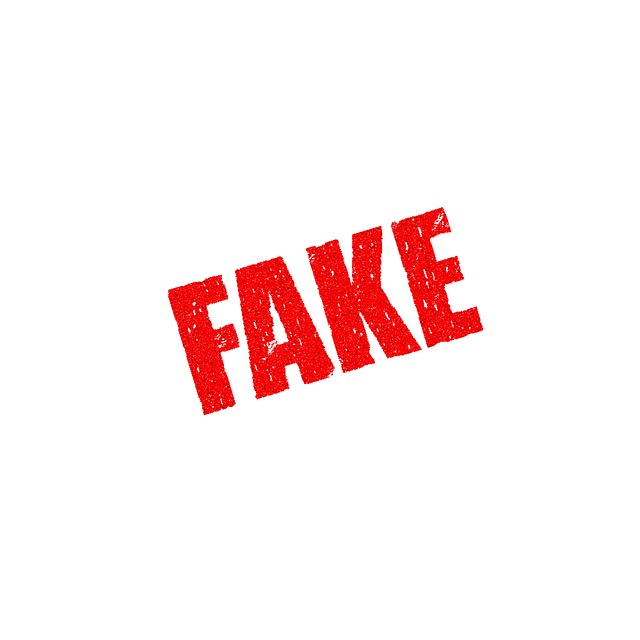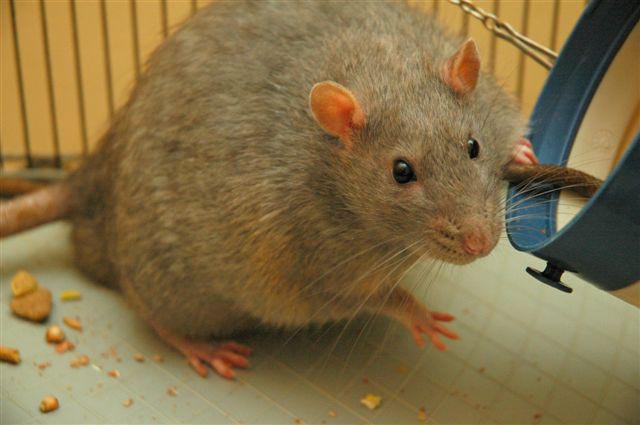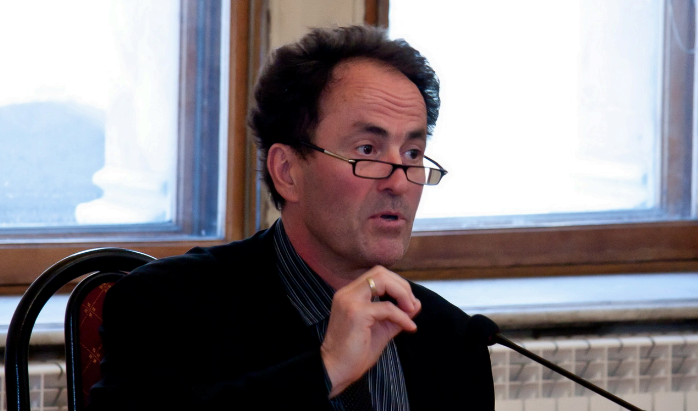
A scholar who famously fabricated a meeting between Charles Dickens and Fyodor Dostoevsky used a bogus name to publish a 1985 paper in the journal History – and it was far from the first time.
Arnold Harvey, also known as AD Harvey, apparently created a small (precisely how small is unclear) community of scholars, including Stephanie Harvey, Graham Headley, Trevor McGovern, John Schellenberger, Leo Bellingham, Michael Lindsay and Ludovico Parra, as well as the Latvian poet Janis Blodnieks.
In a ruse outlined in this 2013 article for the Times Literary Supplement by Eric Naiman, of UC Berkeley, this fictitious klatch would critique each other’s papers. (Take note, peer review rings of the 2010s.)
As The Guardian wrote in a 2013 profile of Harvey that’s well worth a read:
Continue reading Scholar with a history of making up author names has a 1985 paper corrected





